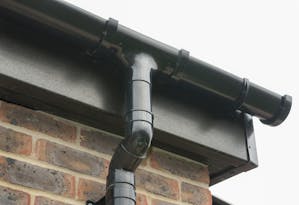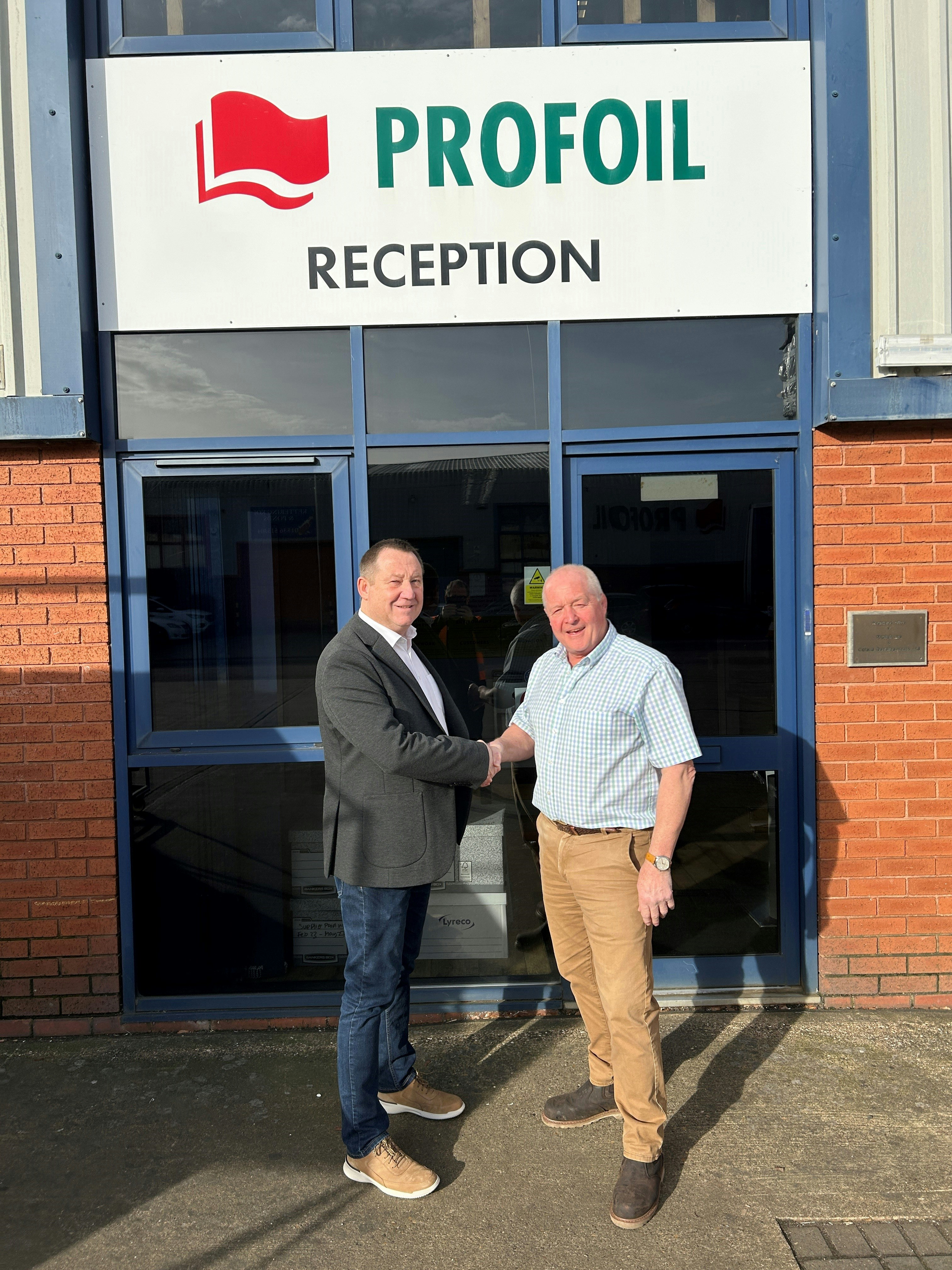Working together for a better future
Profoil Ltd, part of the Q19 Group is one of the UK's leading contract laminators. Founded in 1996 by the current Managing Director Colin Deans MBE, the company is synonymous with forward thinking and a first-class laminating service.
“A successful laminating company needs to be flexible and versatile, as customers often demand fast processing of an almost unlimited combination of profiles and foils,” explains Colin Deans MBE. A decisive factor here is the right adhesive, which Profoil has been purchasing from Jowat for more than 15 years. The Managing Director is convinced that only a close partnership with customers and suppliers alike will bring the best results for everyone involved. “It's about more than just trust. We have to really understand each other's business, only then can we go the extra mile and contribute ideas and improvements. That's the added value that many talk about that only true partners like Profoil and Jowat can offer.”
A new challenge
In view of the EU regulation on the use of products containing isocyanates published in 2020 (Introduction of mandatory training), Jowat responded and has already developed new technologies to help its customers meet this challenge. The polyurethane adhesives in question have been used by the laminating industry for many years for a variety of applications, as they ensure long-lasting resilience in all environments. “We were the first manufacturer to launch a fully RAL-certified, monomer-reduced product for profile wrapping. Our new monomer-reduced adhesives with reduced diisocyanate content not only meet the new regulations, but exceed them,” emphasizes Nick Orton, Managing Director at Jowat UK.
Strong triad: Jowat – Profoil – Freefoam

When Jowat informed its customers about the new legislation, Profoil quickly decided to switch to the safe and sustainable adhesive solution and thus contribute to the growing demand for ethical and sustainable solutions throughout the supply chain. “In the summer of 2022, we finally set the course for the conversion to the new technology,” reports Colin Deans MBE. “The first trials and tests with Jowatherm-Reaktant® MR 604.90 (without hazardous substance pictograms) were successful, and we were able to convince our long-standing customer and building product manufacturer Freefoam Building Products to use the adhesive with hazard-free labeling in the processing of their laminated product offer.”
Valerie Zishiri, Sustainability and Circular Economy Coordinator at Freefoam, is convinced that the trust placed in Jowat and Profoil has paid off: “Our successful collaboration shows how innovation and sustainability can go hand in hand to redefine standards in the construction industry and at the same time have a positive impact on the environment and society.”
Info: What are monomer-reduced adhesives?
Most reactive hot melt adhesives contain isocyanates, which are necessary for the crosslinking reaction and at the same time significantly determine the outstanding adhesive properties of these adhesives. These isocyanates are both polymer-bound and in monomeric form as 4,4'-methylenediphenyl diisocyanate, or MDI for short (CAS No. 101-68-8).
Isocyanates have an irritating effect on the skin, mucous membranes, eyes, and respiratory tract, depending on the concentration, but can also trigger allergies. In addition, there is a suspicion of carcinogenic effects. For this reason, adhesive formulations with a proportion of monomeric MDI higher0.1% must be labelled with the GHS pictogram 08 (health hazard) according to the currently valid rules for hazardous substance labeling (GHS). The proportion of monomeric MDI contained in Jowat’s PUR MR adhesives is below 0.1%. According to the current EU regulation (EU1272/2008 and the associated amending regulation EU790/2009), there is no need to label it as a hazardous substance. Processors of those adhesive with hazard-free labeling are also not affected by the mandatory training – so a change is twice as worthwhile.

